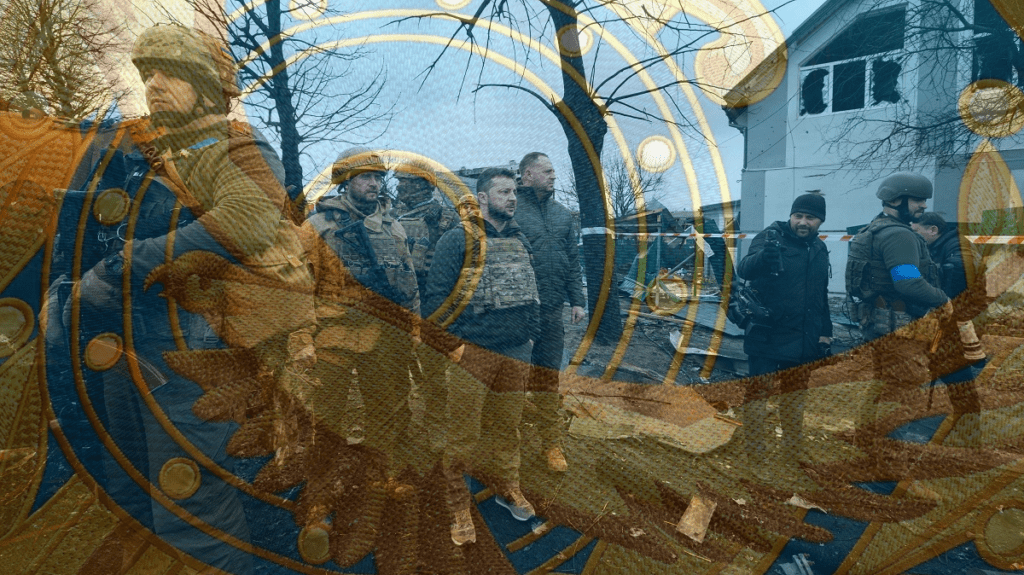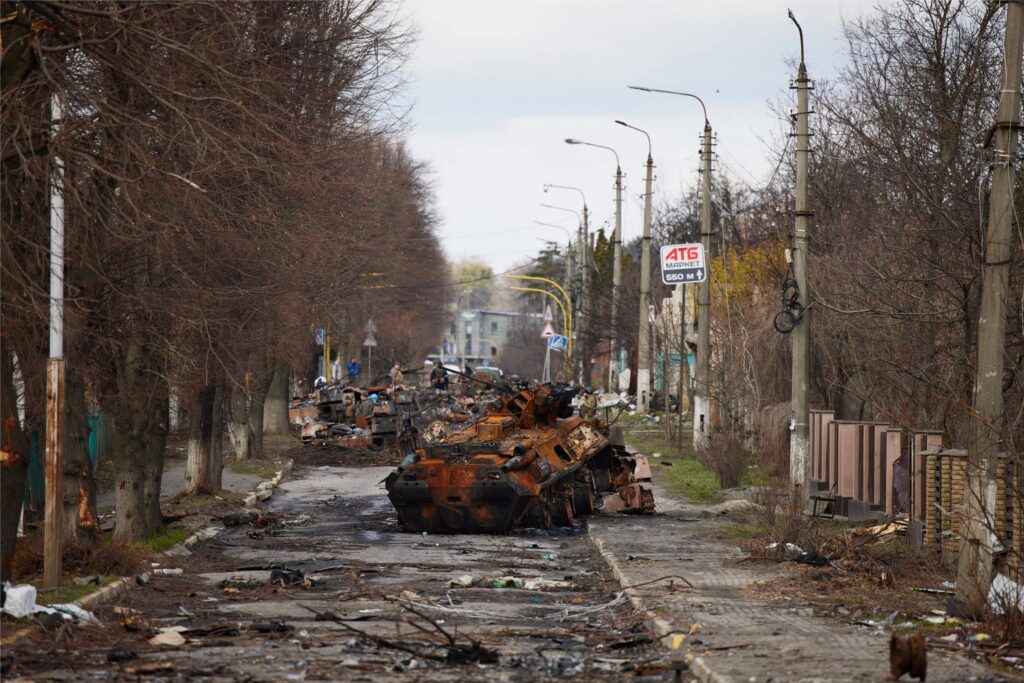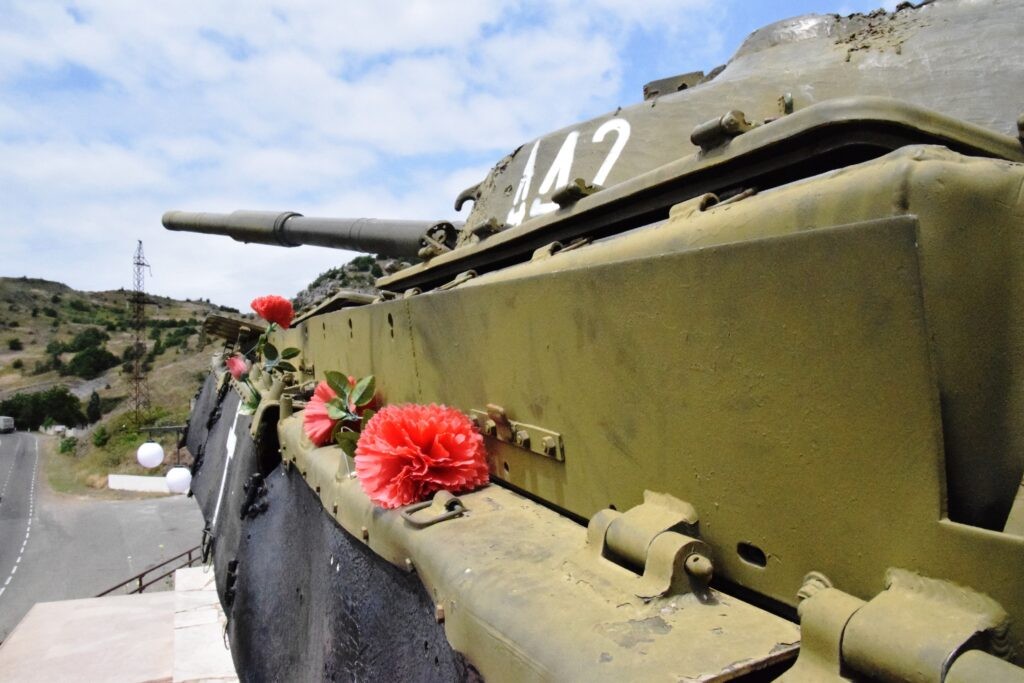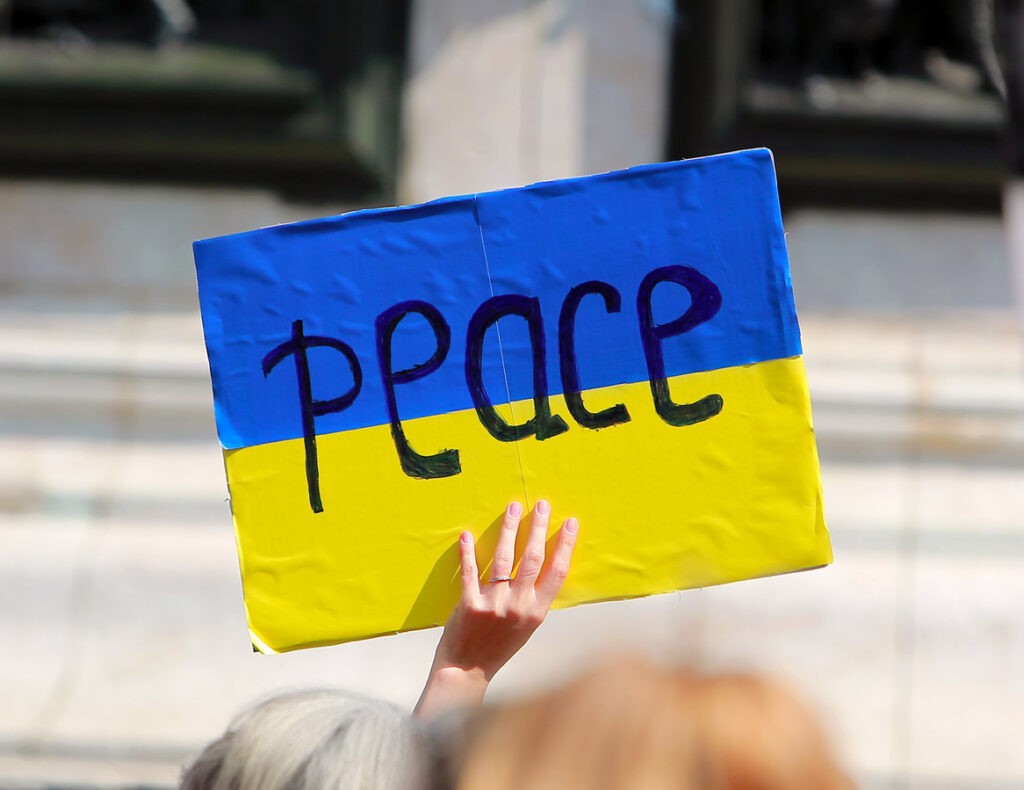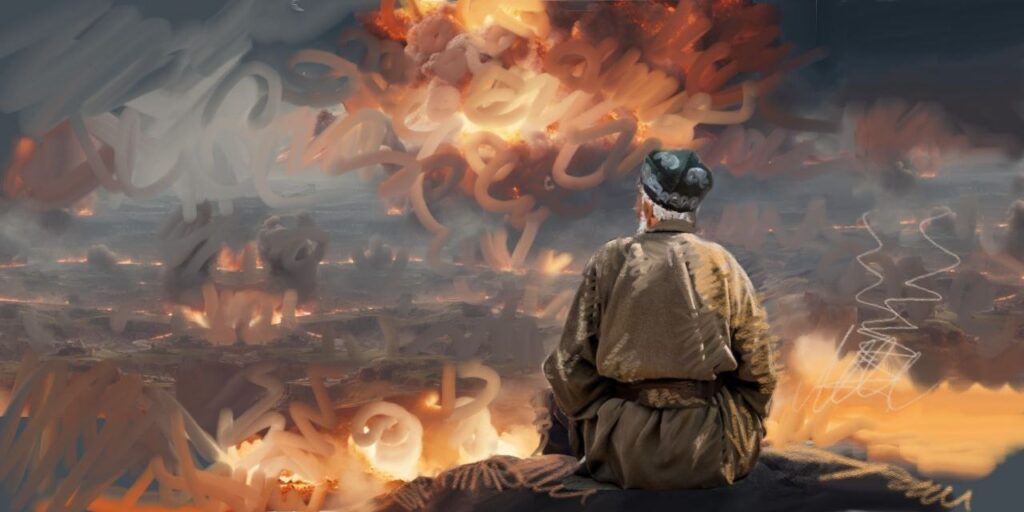Kazakhstan on Alert as War in Ukraine Escalates
Kazakh President Kassym-Jomart Tokayev has instructed his government to take urgent steps to safeguard key military and civilian facilities because of escalating hostilities in Ukraine, which has been fighting Russian forces since they launched a full-scale invasion in early 2022. Tokayev ordered the prime minister, the presidential chief of staff, security chiefs and regional governors “to ensure the security” of the facilities, presidential press secretary Berik Uali said on Facebook on Thursday. Uali’s message did not include any details about the security steps that were being taken. Parliamentary leaders were notified of the measures, according to Uali. “The President is personally monitoring the situation in the country,” he said. The message came hours after Russia struck a site in the Ukrainian city of Dnipro with a new ballistic missile that amounted to a heightened warning from Russian President Vladimir Putin. The missile was only carrying conventional warheads, but it is in a class of missiles that can carry nuclear weapons. On Wednesday, Kazakhstan’s embassy in Ukraine urged Kazakh citizens to consider leaving Ukraine for safety reasons, and Kyrgyzstan issued a similar message to its nationals. Kazakhstan, which shares a long border with Russia, has called for an end to the conflict in Ukraine through negotiations. Kazakhstan and other Central Asian countries that, like Ukraine, were former Soviet republics have sought a neutral stance, maintaining trade and security ties with Russia while not publicly supporting the invasion.
